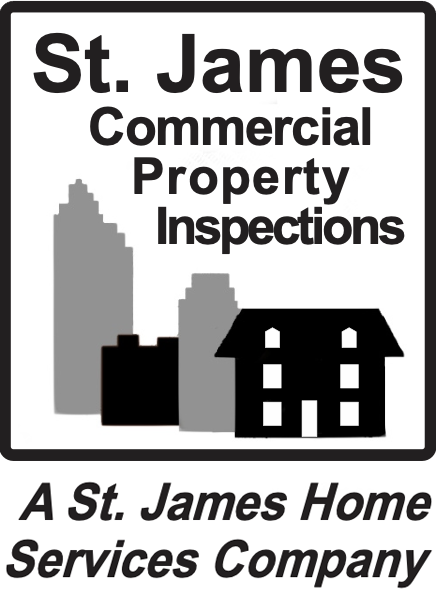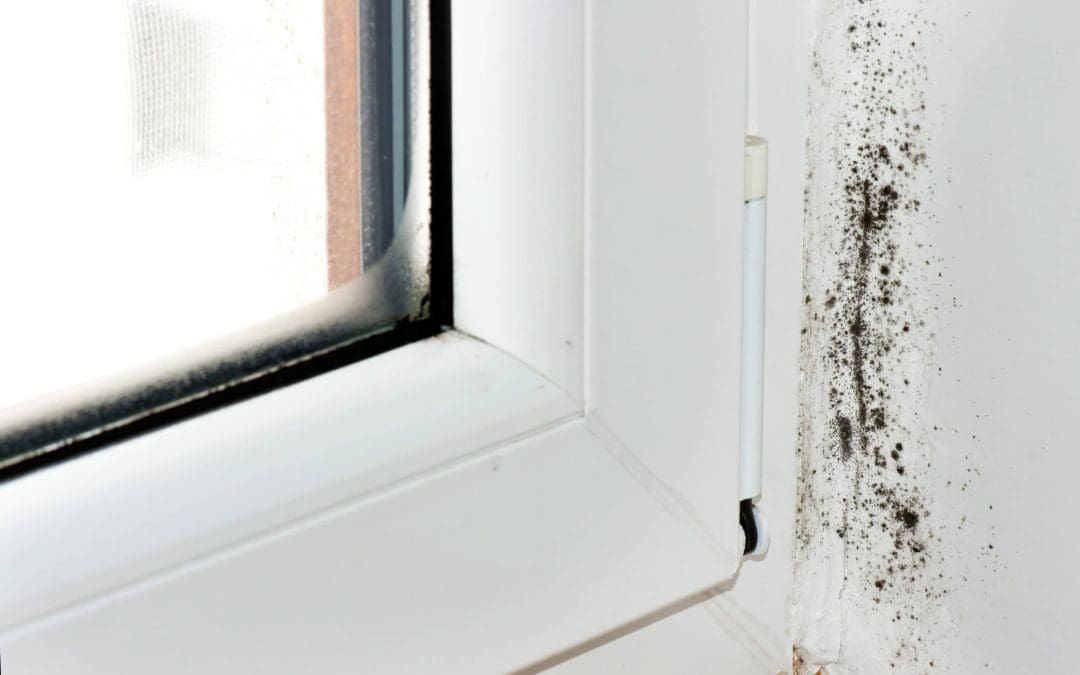Causes of Mold in Commercial Buildings
Mold poses health risks and leads to expensive structural damages if left unchecked. It also causes frustrations and concerns about further issues in your commercial space. In this guide, we’ll shed light on the common causes of mold in commercial buildings and offer insights to help you prevent and address these issues effectively.
1. Moisture Intrusion
Moisture is the primary culprit behind mold growth in commercial buildings. Water leaks from roofs, pipes, windows, and foundations create a favorable environment for mold to thrive. Even minor leaks have the potential to turn into significant problems over time. Regular inspections to identify and promptly repair any sources of moisture intrusion are crucial in mold prevention.
2. Poor Ventilation
Inadequate ventilation traps moisture indoors, which promotes mold growth. Areas with poor airflow, such as basements, attics, and poorly ventilated bathrooms, are particularly at risk. Keeping ventilation systems maintained reduces the risk of mold-causing moisture buildup.
3. High Humidity Levels
High humidity levels provide an ideal breeding ground for mold spores. Commercial buildings in humid climates or those with improper humidity control systems are prone to mold outbreaks. Installing dehumidifiers and monitoring humidity levels helps maintain an environment less conducive to mold growth.
4. Condensation
Condensation occurs when warm, moist air comes into contact with cooler surfaces, leading to water droplets forming on walls, windows, and other surfaces. Moisture accumulation promotes mold growth, especially in areas with inadequate insulation or thermal bridging. Proper insulation and moisture barrier installation can help prevent condensation-related mold issues.
5. Flooding and Water Damage are Causes of Mold
Flooding events, burst pipes, or other water-related emergencies can inundate a commercial building, causing extensive water damage and making mold grow more quickly. Prompt removal of water, thorough drying, and disinfection are essential steps following any water intrusion to prevent mold from taking hold.
6. Neglected Maintenance
Failure to perform routine maintenance checks and address minor issues creates a breeding ground for mold. Blocked gutters, damaged roofing, and malfunctioning HVAC systems are neglected maintenance issues that lead to mold problems. Implementing a proactive maintenance schedule and addressing issues as they arise will help prevent mold from recurring.
7. Building Materials Susceptible to Mold
Some building materials, such as drywall, ceiling tiles, and carpeting, are more prone to mold growth than others. Using organic materials in construction or renovation projects can also provide nutrients for mold to thrive. Choosing mold-resistant materials and regularly inspecting vulnerable areas helps mitigate the risk of mold infestations.
Understanding the causes of mold in your commercial building is the first step toward effective prevention and management. Addressing moisture issues, improving ventilation, and implementing proactive maintenance practices will create a healthy and mold-free environment for your occupants and safeguard your investment in the long run. Remember, when in doubt, always seek the guidance of experienced professionals to ensure comprehensive mold prevention and remediation efforts.
FAQs About the Causes of Mold
How can I tell if my commercial building has a mold problem?
Common signs of mold infestation include musty odors, visible mold growth on surfaces, water stains, and signs of water damage. If you suspect mold but are unsure, it’s best to enlist the services of a professional inspector for a thorough assessment.
Can mold in my commercial building affect the health of occupants?
Yes, mold exposure can cause a range of health issues, including respiratory problems, allergic reactions, and worsening of existing conditions. Occupants experiencing symptoms like coughing, sneezing, or eye irritation should seek medical attention, and the building should be inspected for mold.
What should I do if I discover mold in my commercial building?
If you discover mold, act swiftly. Contact a professional mold remediation company to assess the extent of the infestation and develop a remediation plan. In the meantime, limit access to the affected area and avoid disturbing the mold to prevent further spread.
Should I know any regulations or standards regarding mold in commercial buildings?
While regulations regarding mold in commercial buildings vary by location, organizations such as the Environmental Protection Agency (EPA) and the Occupational Safety and Health Administration (OSHA) establish general guidelines and standards. Familiarize yourself with relevant regulations and consult with experts in mold inspection and remediation to ensure compliance and the safety of your building occupants.
St. James Commercial Property Inspections provides comprehensive commercial inspections and mold assessments in Durham, Alamance, Caswell, Chatham, Franklin, Granville, Orange, Person, Vance, and Wake Counties of North Carolina. Contact us to schedule our services.

